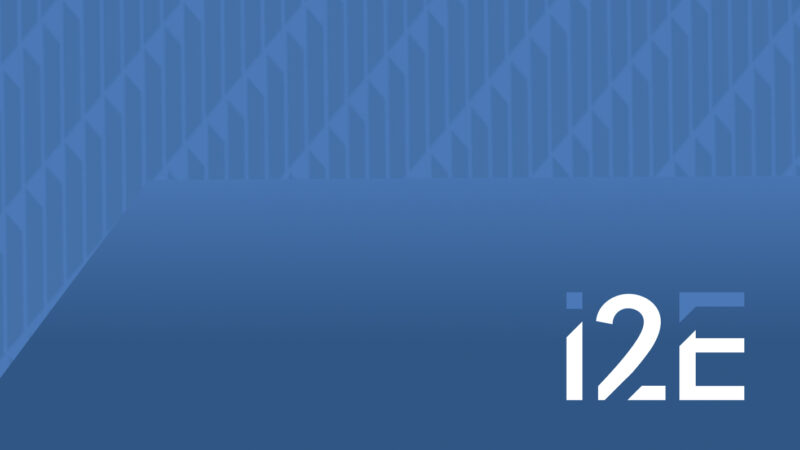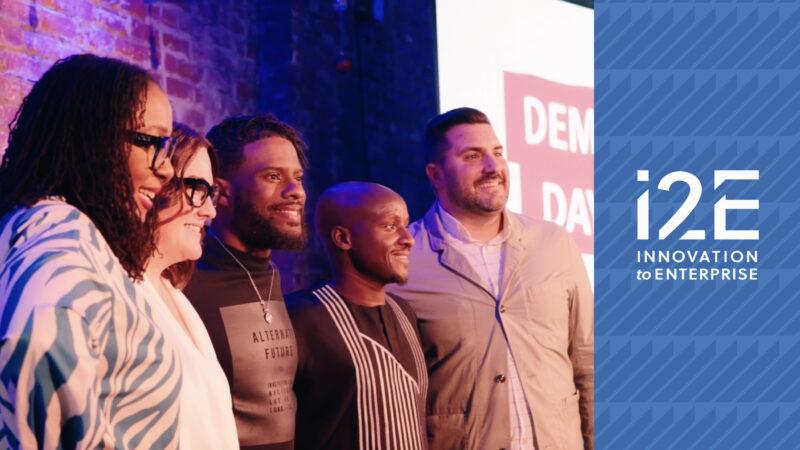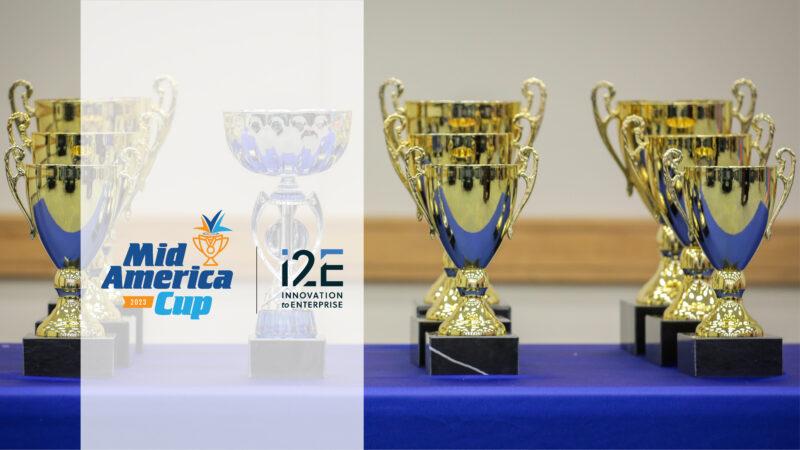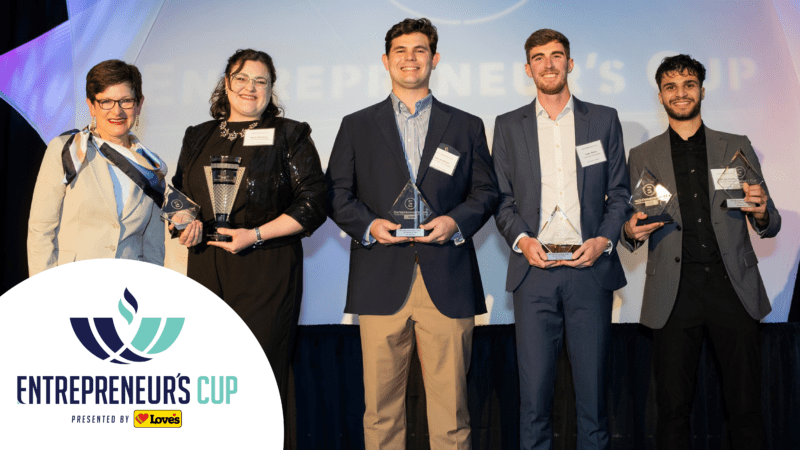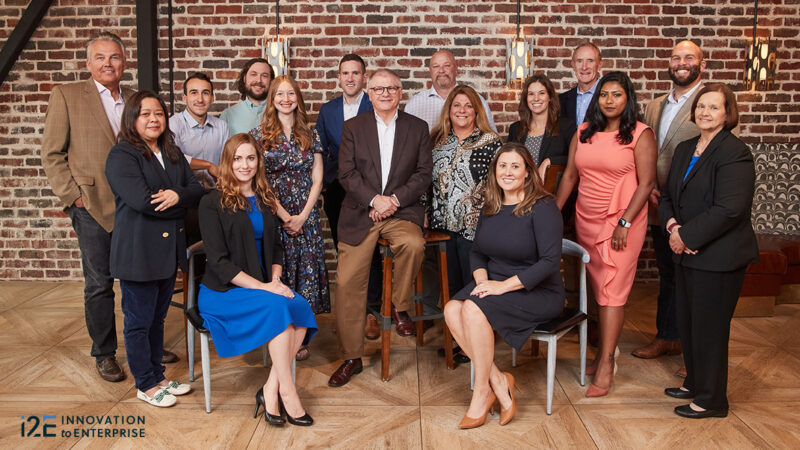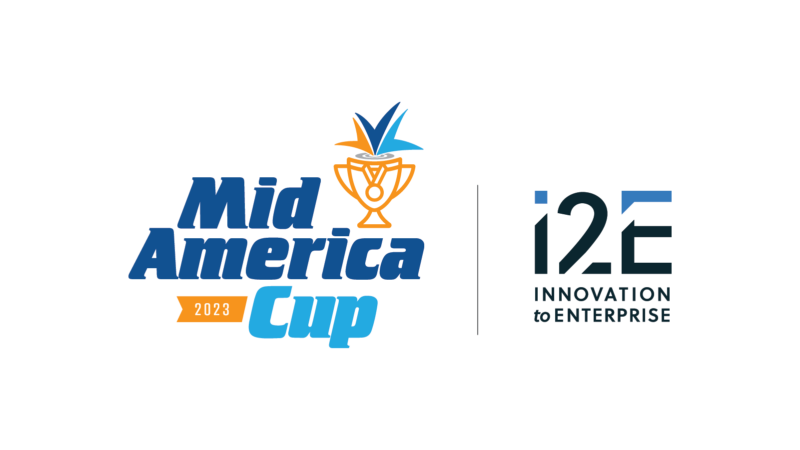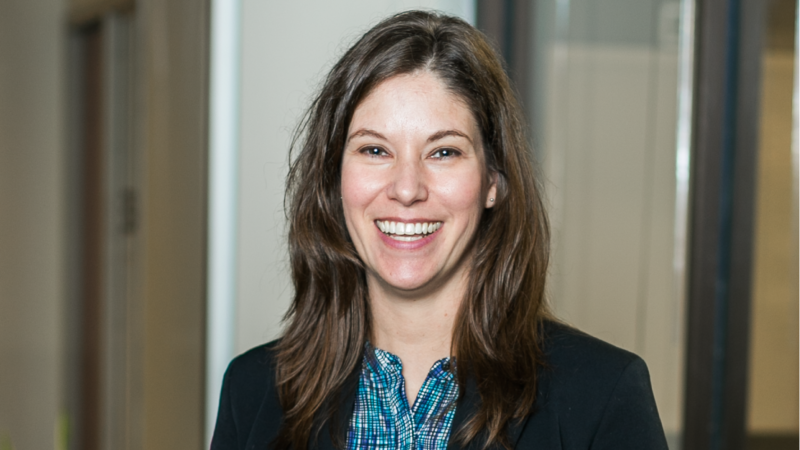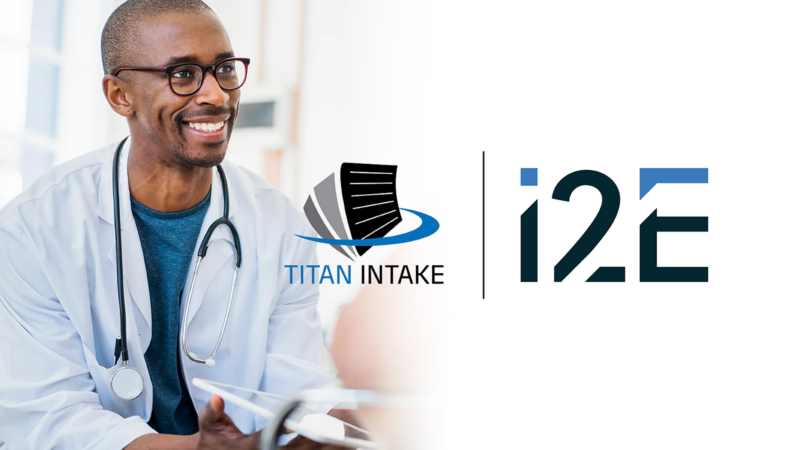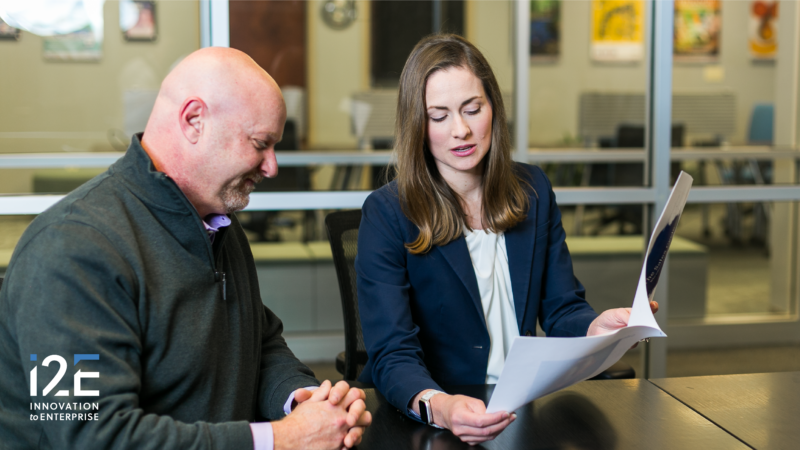Phil Busey, CEO and founder of Delaware Resource Group located in Oklahoma City, leads a company that provides critical training and logistics services for thousands of men and women around the world.
DRG is a preeminent, Native American-owned global aerospace defense contractor that provides critical training and logistics services, supporting many of our nation’s most advanced military programs and aircraft.
When COVID started, DRG was deemed a mission-critical essential business by the Department of Defense. That meant that the company needed to operate as close to normal as possible. Following CDC and guidelines for health and safety, DRG has implemented strict and comprehensive COVID protocols.
Posting the question, “after this pandemic, then what?” my expectation was that Phil’s response would be about supply chains, disrupted decision-making or procurement slowdowns, and to an extent it was, these matters all are part of business challenges during and after COVID but that quickly evolved to a discussion of the human considerations.
“I don’t see any overarching planning in place from elected officials for what happens when people wake up and realize that the economic impacts of this pandemic are going to be long-term for industries that may not recover for two years and people who will not recover their employment,” said Busey.
“For example, airlines have and are in the process of laying off tens of thousands,” he said. “The supply chain for large equipment manufacturers has been decimated. Without airplanes being built, the small companies in those supply chains are facing serious cash flow problems and employees are being furloughed and laid off. The issue is, what do we do now to prepare for recovery down the road so we don’t fall off the cliff again? We are in a reactive mode; we need to be more in a proactive mode.”
That proactive approach, Busey says, starts with focusing on people, especially as it seems likely that huge segments of employed people will continue to work remotely at least part of the time.
“There is a risk of over-simplifying the solution of working virtually,” he said. “There is a lot of discussion, and I’ve been surprised in talking with CEOs of companies we work with and other companies. There is a common thread developing. There has been a focus on the work product with a satisfactory answer to performance.
“But relationships are different. How do we keep people working at home engaged in the company culture? How do we determine that they are okay and enthusiastic about doing the work when they are at home isolated? How do we constantly work at maintaining the team when people can’t socialize? You can’t take the human element and put it into a Zoom.”
After six months of this pandemic, as Zoom meetings have become the norm, many of us in business understand exactly what Phil is talking about.
“Without face-to-face relationships,” he said, “these are uncharted waters. Businesses have to work to maintain a culture connection so that the person working feels connected and understands the mission and vision of the company.
“One agency we have worked with created ‘wingmen.’” (In Air Force parlance, a wingman is a pilot who supports another in a potentially dangerous flying engagement.)
“The idea is that the wingman contacts another person daily or every other day,” Busey said. “To see how they are doing and to create more of a relationship. In our business, we are service providers. We consider the whole picture, not just the bottom line. It all boils down to relationships, about people’s lives, their families, and how they are feeling about their work.”
As we Oklahomans pick up and move forward through the continued uncertainty of a health and economic crisis not likely to end soon, let us each look for ways to serve as a “wing person” to someone else.
Scott Meacham is president and CEO of i2E Inc., a nonprofit corporation that mentors many of the state’s technology-based startup companies. i2E receives state support from the Oklahoma Center for the Advancement of Science and Technology and is an integral part of Oklahoma’s Innovation Model. Contact Meacham at [email protected].
